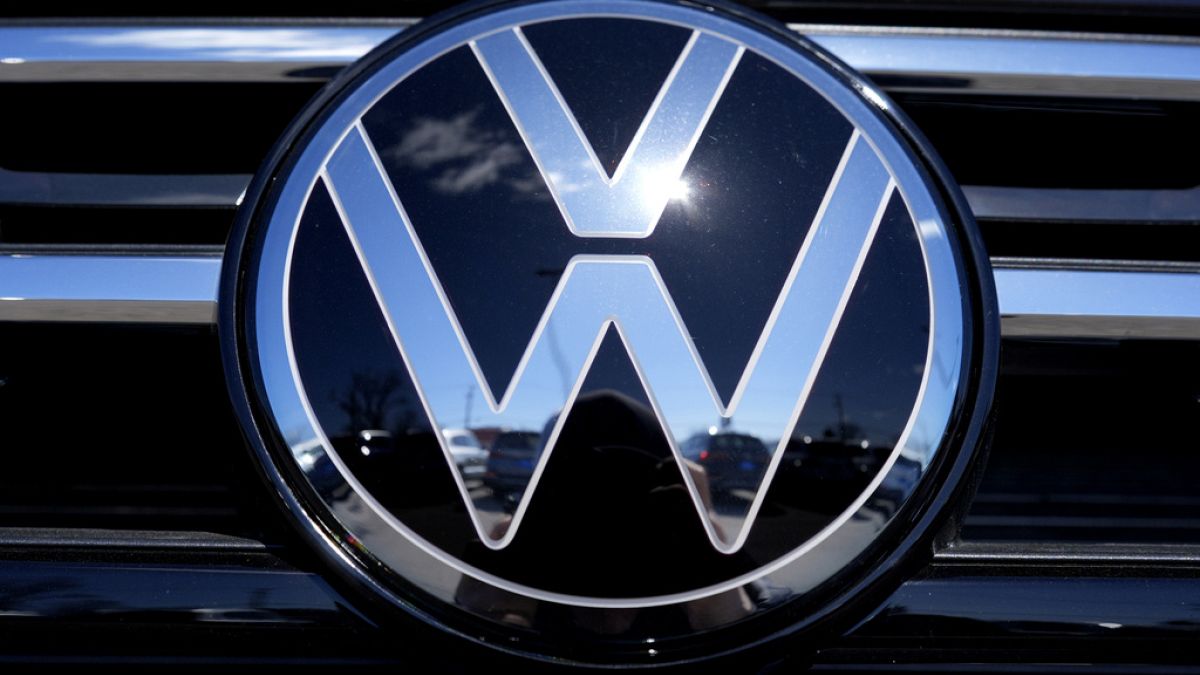German carmakers such as Volkswagen and BMW are increasingly warning about the potential negative consequences of EU tariffs for the long-term competitiveness of the European car industry, but also for their own operations in China.
German carmaker Volkswagen recently criticized the EU’s plans to impose import duties of up to 38% on Chinese electric vehicles, saying the measures would have a negative impact on the European auto industry.
The company stressed that this would undermine the competitiveness of European car manufacturers in the long term.
The EU announced the tariff increases back in June, citing concerns that Chinese electric vehicle manufacturers would receive government subsidies, allowing them to sell their vehicles in the EU at unfairly low prices compared to European carmakers.
This is based on a nine-month investigation by the EU into Chinese subsidies, under the Foreign Subsidies Regulation (FSR).
The new tariffs include a 19.9% tax on Chinese EV maker Geely, a 17.4% tax on BYD and another 37.6% tariff on SAIC. These are on top of the 10% tariffs that Chinese car imports are already subject to, which went into effect on July 5.
However, European and especially German carmakers such as BMW and Volkswagen have reacted, fearing that they too will face retaliatory tariffs from China on their extensive Chinese operations.
Currently, Western automakers in China, such as Tesla, Audi, BMW and Mercedes-Benz, enjoy benefits such as lower tax rates, subsidies, easier access to capital, lower land costs and competitive prices for lithium-ion batteries.
If these benefits dry up in the event of an escalating EU-China trade war, it could force European companies to change their overall business model, especially if they are forced to set up alternative production facilities elsewhere.
This could be a particularly hard blow for European electric carmakers, who have already seen demand decline at home due to higher prices and the appeal of cheaper Chinese electric cars.
Furthermore, the Chinese market is one of the largest consumers of German combustion engine vehicles. As such, the decline in Chinese government incentives would also make it more difficult for European automakers to continue to profit from one of their most important markets.
Both European carmakers and environmental groups have also pointed out that tariffs on electric vehicles are likely to further delay the EU’s environmental and net-zero targets. This comes as affordable Chinese electric vehicles continue to become more expensive and consumers continue to struggle with rising living costs, meaning fewer people are likely to buy an electric car in the first place.
Could EU tariffs lead to an EU-China trade war?
There is also a very real possibility that China will impose retaliatory tariffs on other European sectors, escalating current tensions into a full-fledged trade war. China has already warned that it will impose additional tariffs on items such as pork, dairy and brandy imports from the EU.
Regarding the EU’s recent investigation into the Foreign Subsidies Regulations (FSR), the China Chamber of Commerce in the EU (CCCEU) said in a statement: “The FSR has been weaponized by the EU and functions as a form of economic coercion.
The FSR may also investigate subsidies received by subsidiaries from parent companies in another country, usually the company’s home country. The CCCEU said: “This approach inherently disadvantages European subsidiaries of Chinese investors, putting them on an unequal footing compared to local bidding companies.
“Such discriminatory practices against Chinese companies not only dampen their enthusiasm for participating in EU tenders, but also create a lose-lose scenario for both sides in terms of business cooperation, mergers and acquisitions and greenfield investments.
“We urge the EU to objectively recognise the contributions of Chinese companies to Europe’s green transition and social development and to ensure that Chinese companies are given a fair, just and non-discriminatory environment to operate in.”
